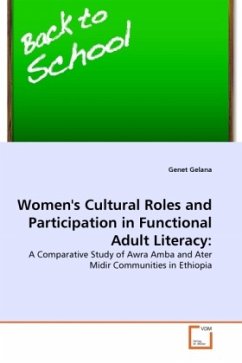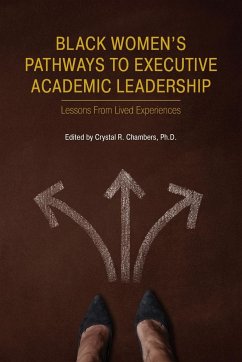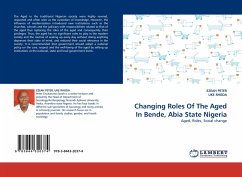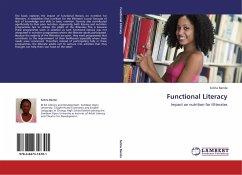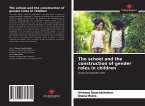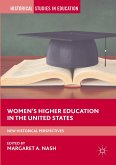Although developed countries are practicing lifelong learning,the issue of adult education,Functional Adult Literacy (FAL) in particular is still a hot agendum in developing countries. Despite observed commitments of governments to make both men and women enjoy the fruits of FAL programs, there are still commendable gender disparities.Convinced that the reasons might be enormous,the author was interested to explore impacts of socio-cultural factors on women participation in FAL programs.In doing so,this book investigated how socio- cultural factors shape women's feelings and affect their participation.To do so,it employed ethnographic method in which a total of 51 participants were purposely selected for interview and Focus Group Discussion.Participant observation was also employed.Thus,the study revealed that
Bitte wählen Sie Ihr Anliegen aus.
Rechnungen
Retourenschein anfordern
Bestellstatus
Storno

